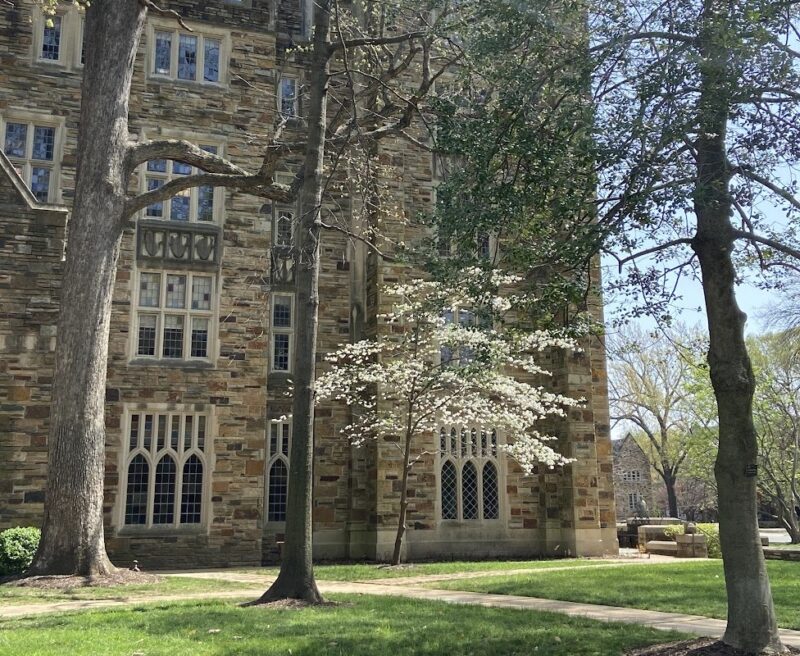My school had the privilege of hosting Mr. Timothy Snyder—Yale historian, expert on Ukraine affairs, and the author of On Freedom—as a visiting speaker at our concert hall. As I sat outside checking people in, I saw my professor’s kids, elderly alumni, current students and their families slowly filling up the auditorium. I’d never seen it so packed. Maybe “freedom” was a word that reached across generations to touch them all, especially in our present world where political structures are in flux, seemingly part of that same storm fogging up brains and blurring the distinction between books, screens, and AI.
Mr. Snyder spoke without notes, very calmly, and captivated the audience for the whole hour and a half. He’d flown in from Toronto to Tennessee the day before. The primary idea was this: freedom defined by Americans is often negative. Freedom from tyranny, abolition of slavery, dismantling prejudice, and so on. But there is a problem. Negative freedom assumes that humans are inherently rational. It assumes that every threat to freedom comes from outside sources, not from within us, so once these dangers are removed, we will attain a good and free world.
We are evidently not self-critical beings—in fact, quite the opposite—and negative freedom takes advantage of that fact. History shows that abolition and dismantling have not, as fondly expected, created a utopia. Mr. Snyder defines positive freedom, in contrast, as freedom to: freedom to stay, even when our country is under attack, freedom to fight for the values we hope to preserve, freedom to wake up to work even when we are exhausted from the grind.
I think a lot of this has to do with becoming an adult as well. Part of the child-to-adult transition, I believe, is when you experience a certain narrowing of your horizon. You are less and less free to do as you please, and because responsibilities and commitments accumulate, some days you have no choice but to be at a certain place at a certain time, not of your own volition but of necessity. But this doesn’t necessarily mean that you are less free than you were as a child. Quite the contrary.
Once, as a six-year-old, I was bored. It was dim in our living room and it was raining outside, a spring rain, and I sprawled on the floor on my back, idly staring up at the ceiling. In the corner my Dad typed at his desk. I asked when he’d be free to play. He said that he could play in twenty minutes, after he finished this one thing.
“You’ll be done after twenty minutes?”
“No, but I could still play for a bit.”
“But when will you be done?”
“I don’t know. It might take a couple of days.”
“So after a couple of days, you’ll be done?”
“Sue,” he said, with a tired smile, “if you put it that way, I’ll never be done. Adults don’t have free time. They have to make time to play.”
Now this was worse than any horror story he could’ve told me. I remember straightening out on the floor like a petrified salmon. No free time—not ever?
But Mr. Snyder’s book helped me express something I’d been feeling over the past year, about growing in personal freedom and adulthood and whatnot. The adult landscape of narrowed paths and more responsibilities is one of positive freedom: a freedom to work, to provide for the people you love. A freedom to apply for positions that might take you a little closer to where you hope to end up. Humans make choices as they navigate situations, and in upholding certain values (e.g. being kind) we must sacrifice others (being truthful). These choices are unpredictable. As in, each adult makes the choice that make the most sense to them: the choice that seems right or necessary, which is based on their upbringing and moral structures. And because no two adults navigate the adult landscape precisely the same way, says Mr. Snyder, free people are “predictable to themselves but unpredictable to authorities and machines.” And when we are unpredictable together we are more likely to sidestep the destructive wave of negative freedom in America can be (and has been), and then we can be more free to strive toward positive freedom: freedom to work for, and protect, the things we cherish.
